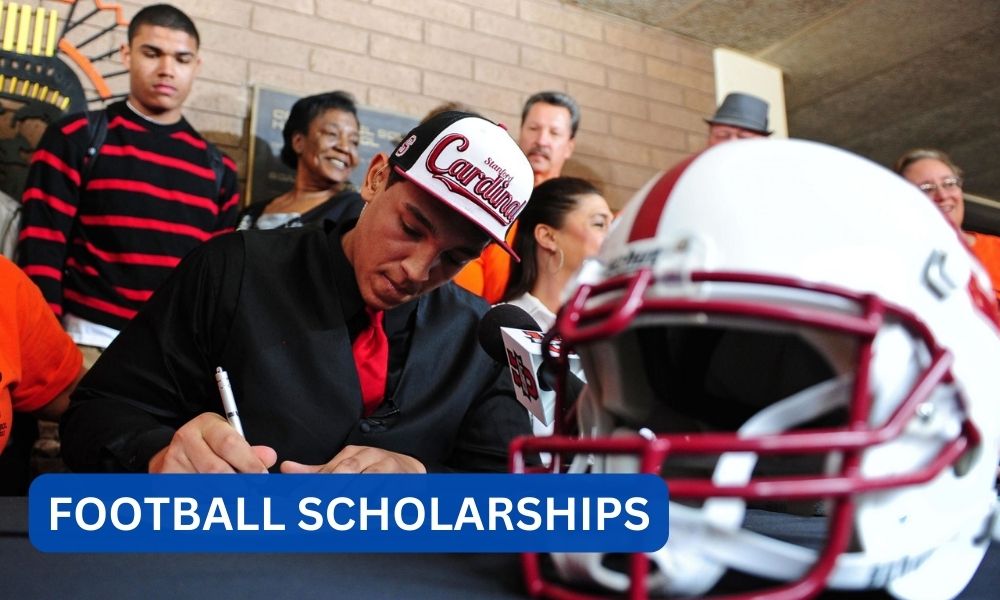When it comes to college football, the National Collegiate Athletic Association (NCAA) is the governing body that sets the rules and regulations for all divisions. The NCAA is responsible for ensuring fair competition and maintaining the amateur status of student-athletes. One of the most debated topics in college football is whether Division III (D3) schools can offer scholarships to their football players. In this article, we will explore the rules and regulations surrounding D3 football scholarships and examine the arguments for and against their implementation.
Contents
Understanding Division III Football
Division III is the largest division in the NCAA, with over 450 member institutions. D3 schools are known for their focus on academics and the principle of the student-athlete experience. Unlike Division I and Division II schools, D3 institutions do not offer athletic scholarships. Instead, they provide financial aid packages based on a student’s academic achievements, financial need, and other non-athletic factors.
Division III football programs are highly competitive, with dedicated student-athletes who are passionate about the sport. These athletes often have the talent and skills to play at higher divisions, but choose D3 schools for their academic opportunities or personal preferences. However, the absence of athletic scholarships in D3 football has been a point of contention for many.
Read:Can i get a scholarship to pay off student loans?The Argument for D3 Football Scholarships
Proponents of D3 football scholarships argue that offering financial aid specifically for football players would enhance the competitiveness and quality of the division. Here are some key points supporting this argument:
- Attracting top talent: Scholarships would allow D3 schools to recruit and attract highly skilled football players who may otherwise choose Division I or Division II programs. This would raise the level of competition within D3 football and provide a more exciting experience for both players and fans.
- Increased resources: Scholarships would enable D3 schools to invest more in their football programs, including coaching staff, facilities, and equipment. This would lead to improved training and development opportunities for student-athletes, ultimately enhancing their performance on the field.
- Recognition and exposure: Scholarships would bring more attention to D3 football, increasing its visibility and recognition among sports enthusiasts. This could lead to increased media coverage, sponsorships, and overall support for the division.
The Argument against D3 Football Scholarships
On the other side of the debate, there are those who believe that D3 football should continue to operate without athletic scholarships. Here are some of the main arguments against implementing scholarships in D3 football:
Read:Is Scholarship Owl Legit? All You Need To Know- Maintaining the amateur status: D3 football is built on the principle of amateurism, where student-athletes participate in sports for the love of the game and not for financial gain. Introducing scholarships could blur the line between amateur and professional athletics, potentially compromising the integrity of the division.
- Academic focus: D3 schools prioritize academics and the overall student experience. By not offering athletic scholarships, they ensure that student-athletes are fully engaged in their studies and have a well-rounded college experience.
- Financial implications: Implementing scholarships in D3 football would require significant financial resources. Many D3 schools already struggle with budget constraints, and diverting funds to athletic scholarships could impact other areas of the institution, such as academic programs or student services.
Case Studies and Examples
While D3 football scholarships are not currently allowed, there have been instances where schools have found creative ways to support their football players. One such example is the “academic scholarships” offered by some D3 institutions. These scholarships are awarded to student-athletes based on their academic achievements, but the recipients are often talented football players as well.
Another example is the practice of providing need-based financial aid to football players. D3 schools can offer financial assistance to student-athletes based on their financial need, regardless of their athletic abilities. This approach allows schools to support their football players without violating NCAA rules.
Read:Do college students have to file taxes on scholarships?The NCAA’s Stance on D3 Football Scholarships
The NCAA has consistently maintained its position against athletic scholarships in Division III. The organization believes that D3 schools should prioritize the academic and personal development of their student-athletes, rather than focusing on financial incentives.
However, the NCAA does allow D3 schools to provide financial aid to student-athletes based on need, as mentioned earlier. This ensures that student-athletes who require financial assistance can still participate in college sports without compromising their amateur status.
Conclusion:
The debate over whether D3 football should offer scholarships is complex and multifaceted. While there are valid arguments on both sides, it is important to consider the unique characteristics and values of Division III institutions.
Ultimately, the absence of athletic scholarships in D3 football allows student-athletes to prioritize their academic pursuits and have a well-rounded college experience. It also ensures that the division remains true to its principles of amateurism and fair competition.
However, there are alternative ways for D3 schools to support their football players, such as need-based financial aid and academic scholarships. These approaches allow student-athletes to receive assistance while still maintaining the integrity of the division.
As the landscape of college football continues to evolve, it will be interesting to see if there are any changes to the rules surrounding D3 football scholarships. For now, Division III remains a unique and highly competitive division that values academics and the overall development of its student-athletes.









